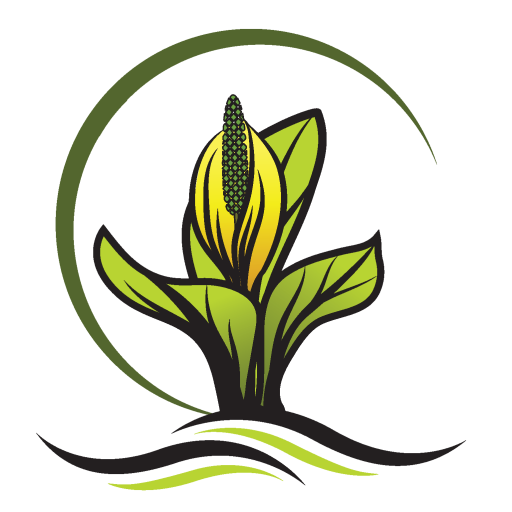Taxonomy
- Family Name: Ranunculaceae
- Botanical Name: Aconitum variegatum
- Common Name: European monkshood, Manchurian monkshood, Branched monkshood, Variegated monkshood, Variegated Monk’s-hood, European wolfsbane
Description
The use of this species of Aconitum is strictly ornamental.
Toxicity
Aconite is derived from Aconitum napellus. Aconite is a toxic alkaloid that has been used worldwide in traditional herbal medicines for its analgesic and anti-inflammatory effects. Toxicity may occur from ingestion following improper processing of the plant for use in complementary medicines, mistaking it for an edible species, and intentional suicide and homicide attempts.
Poisonous if ingested. May be fatal to humans and pets. Symptoms of burning of lips and mouth, numbness of throat; intense vomiting and diarrhea, muscular weakness and spasms, weak pulse, paralysis of the respiratory system, and convulsions.
Do not plant near the vegetable garden, where its fleshy roots could be mistaken for Jerusalem artichokes. Wearing gloves is advisable when handling this plant.
Disclaimer: Vancouver Island Master Gardeners Association (VIMGA) does not advise or recommend herbs for medicinal or health use. Any information in the recommended resources should be regarded as being for educational purposes only and should not be considered as a recommendation or an endorsement of any medical or health treatment.

Photo: Dave Riddell
Text: Jane Kerr

